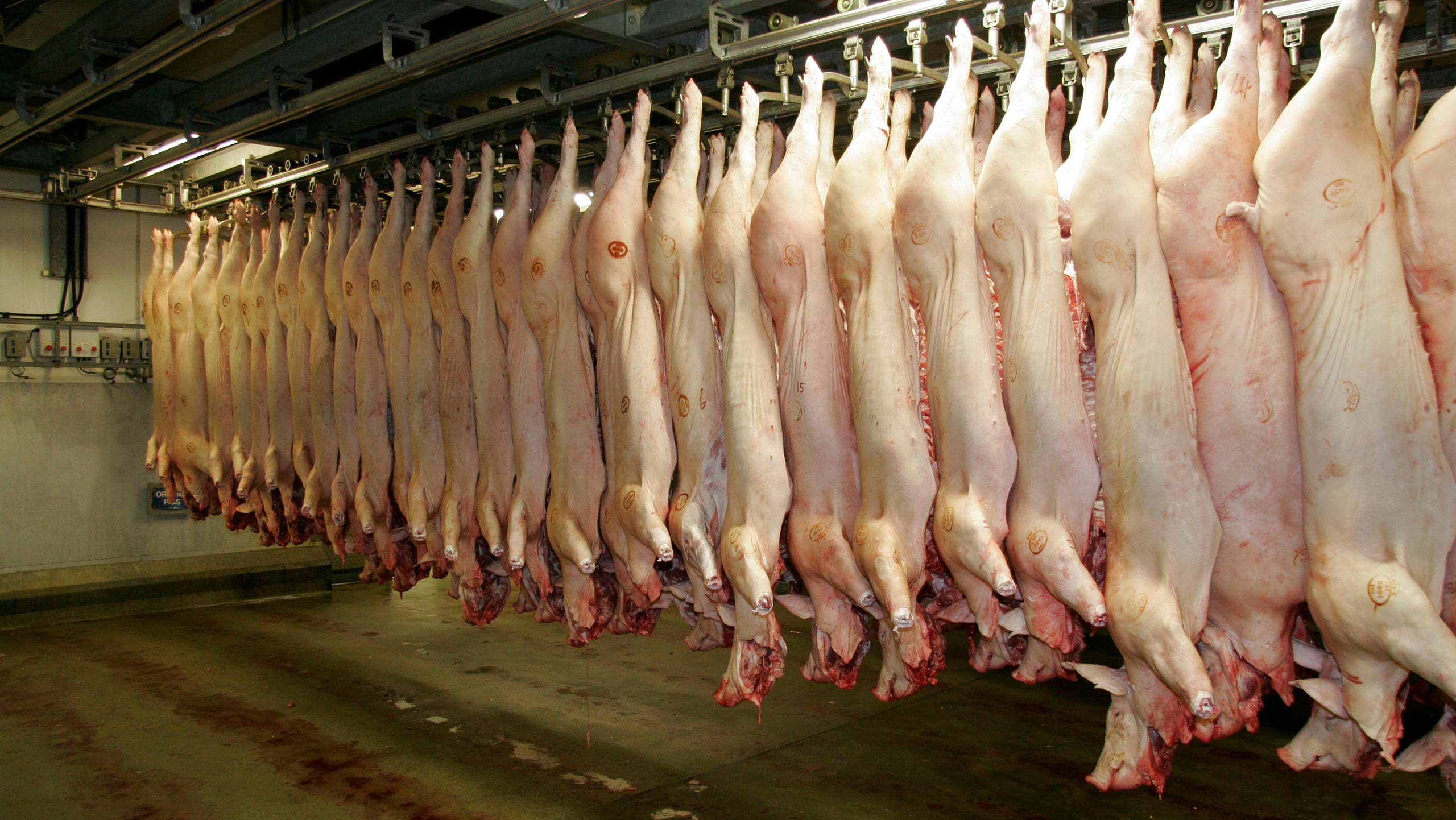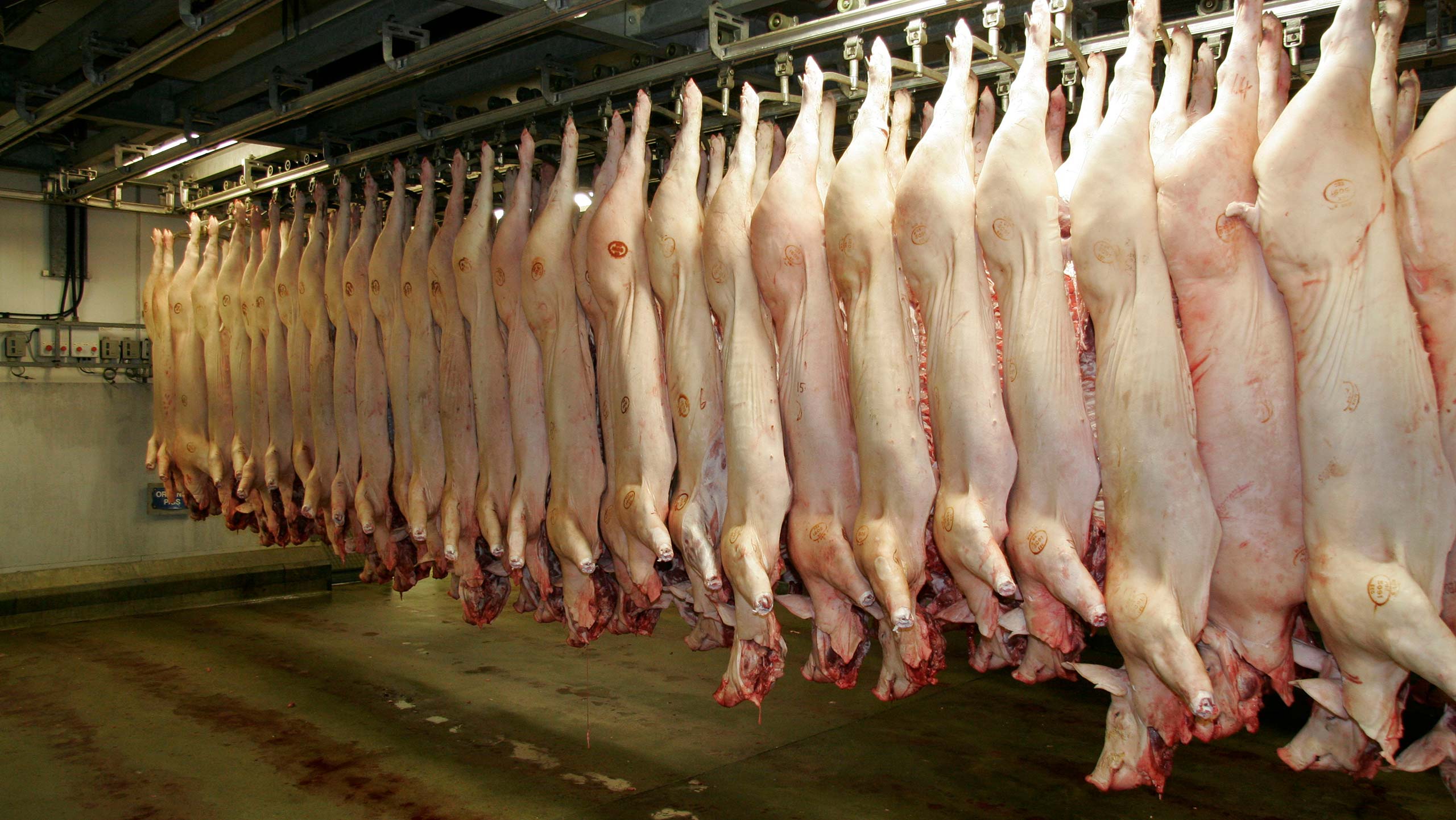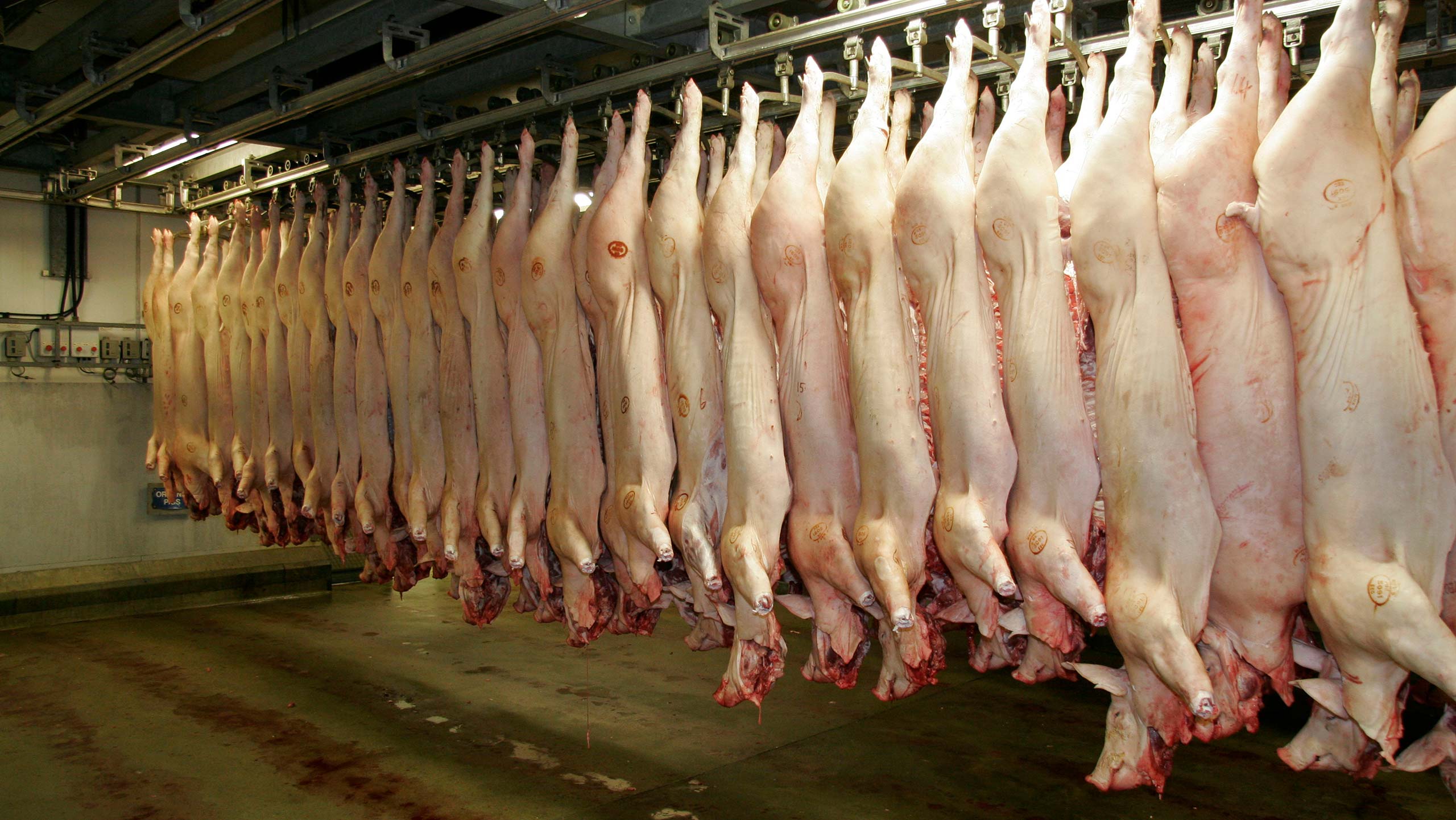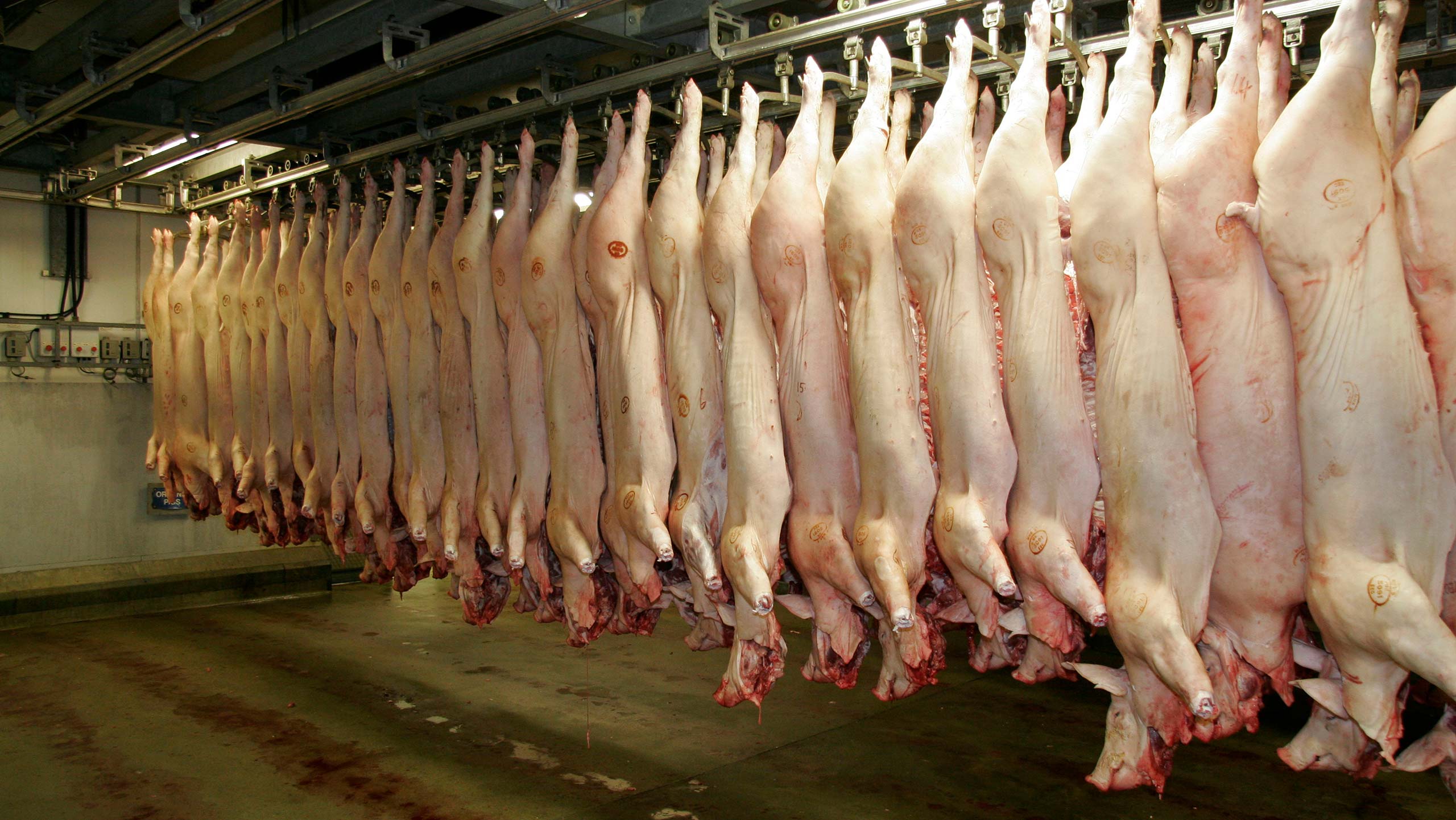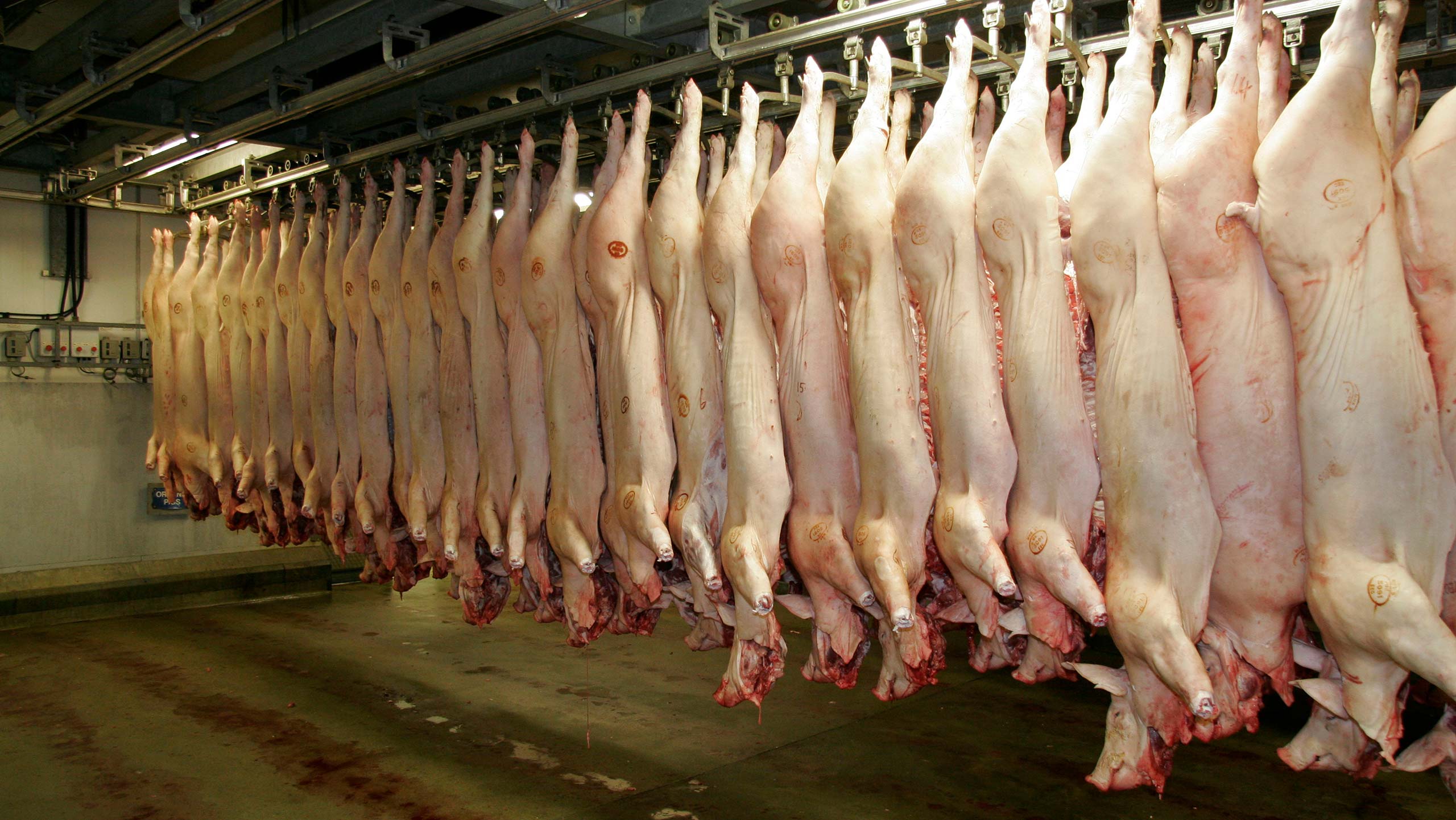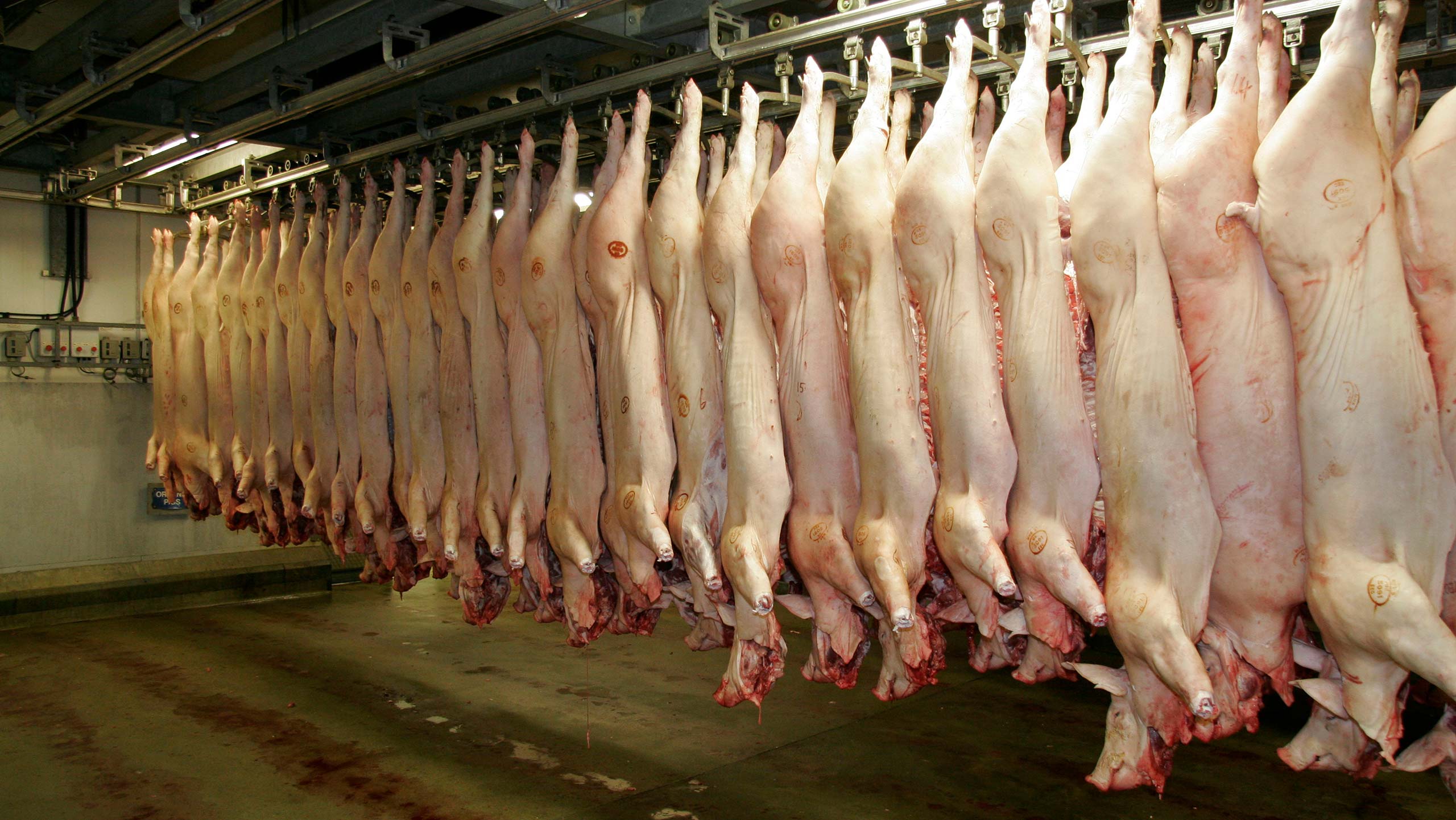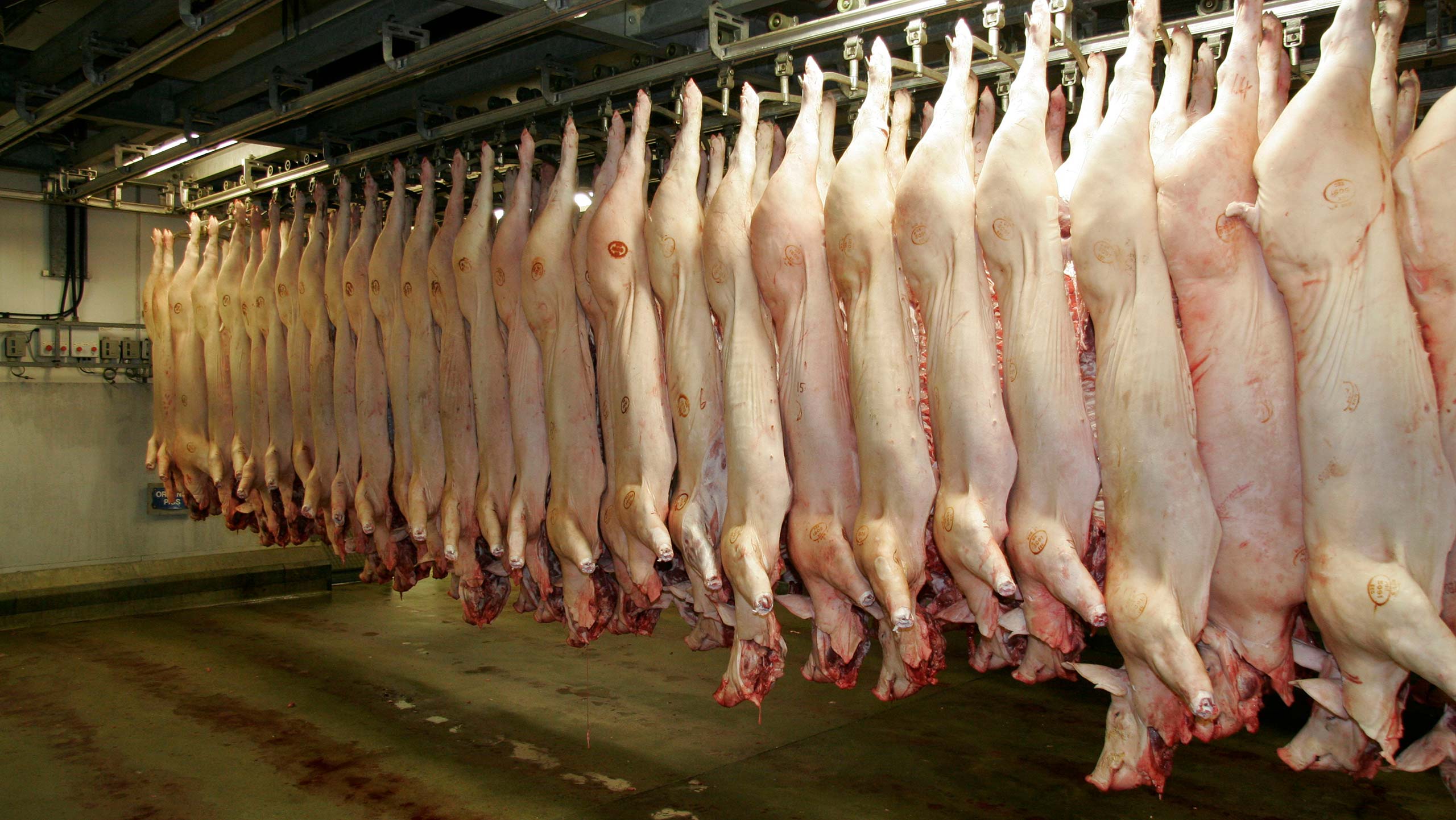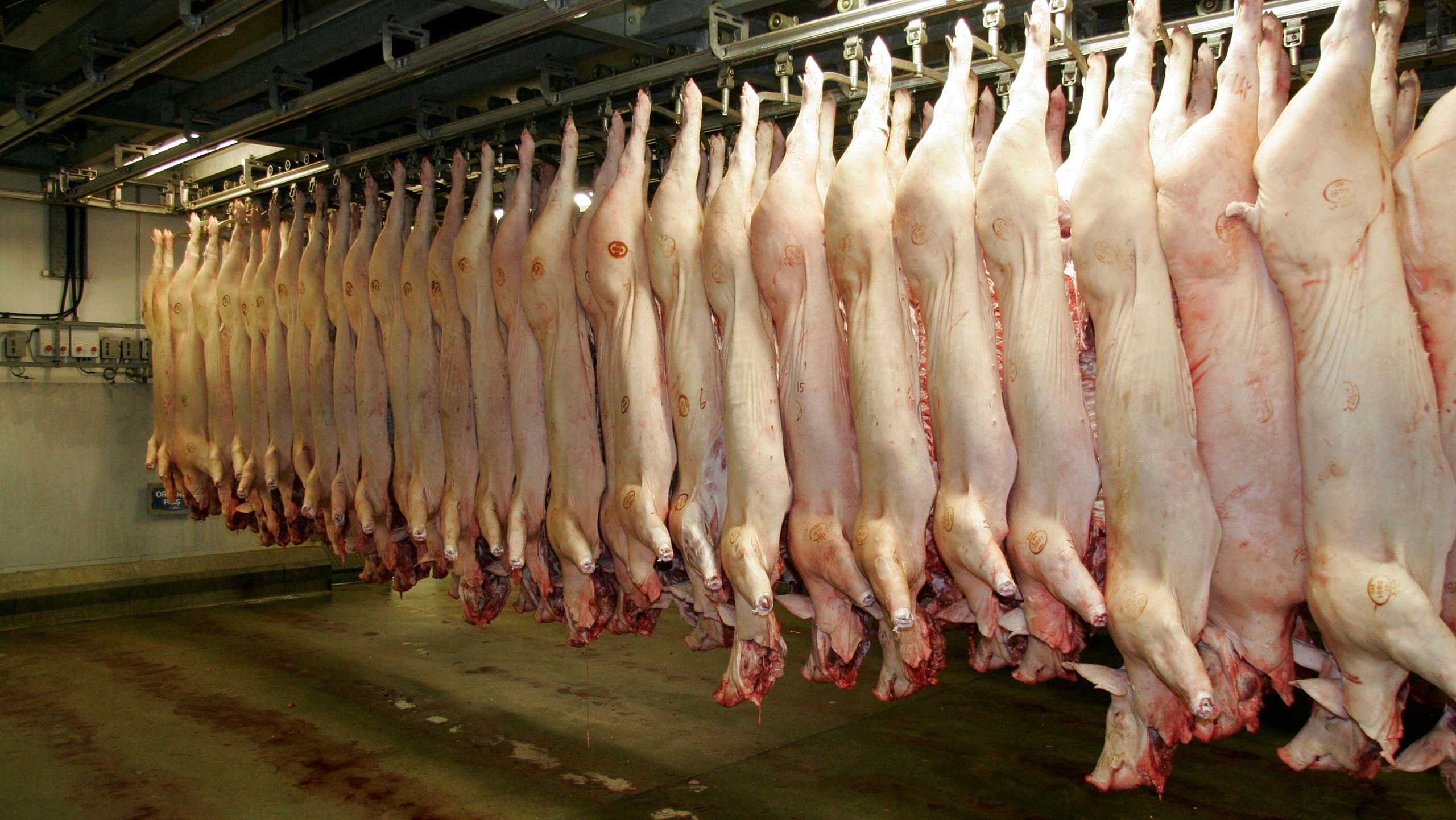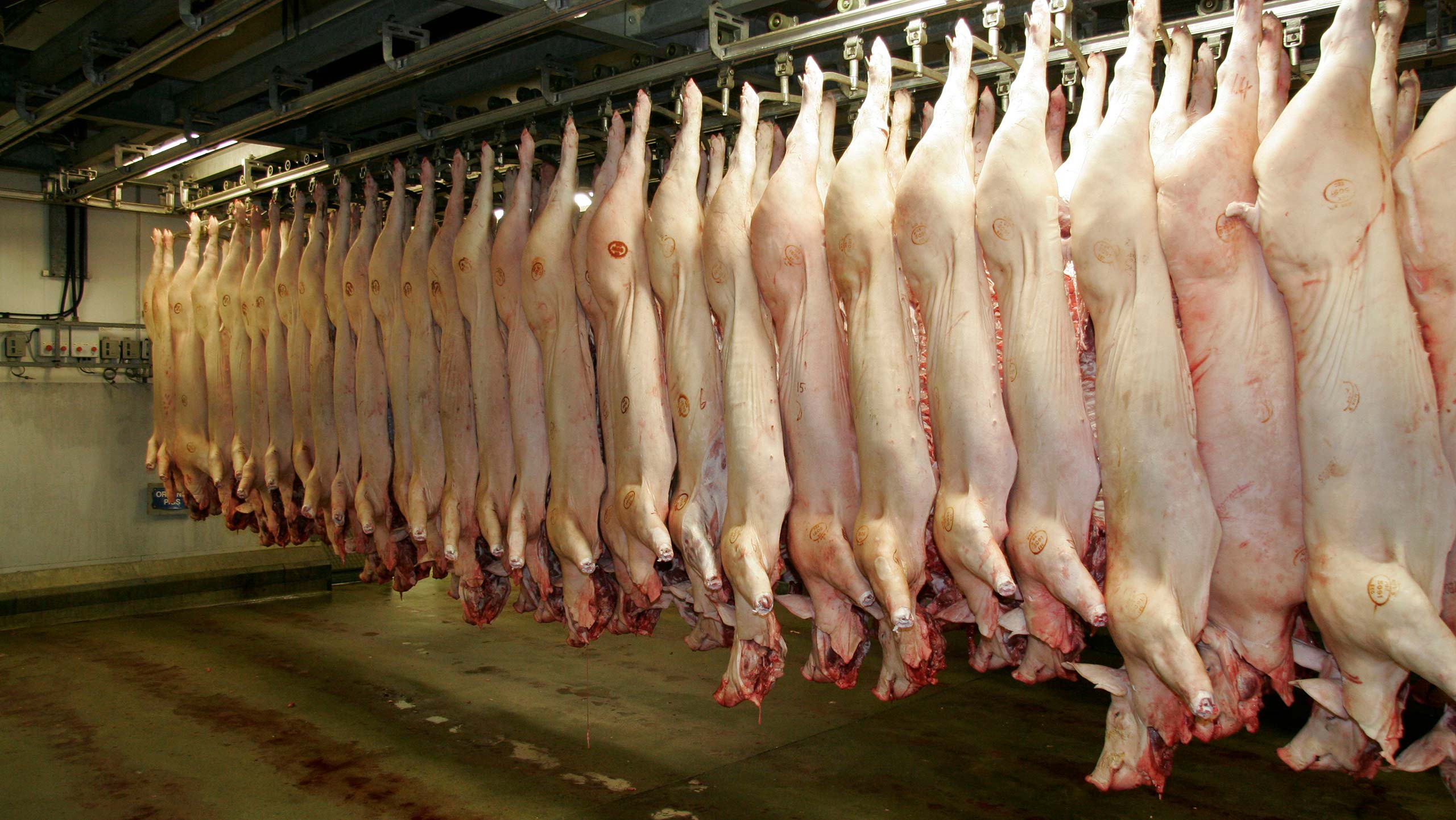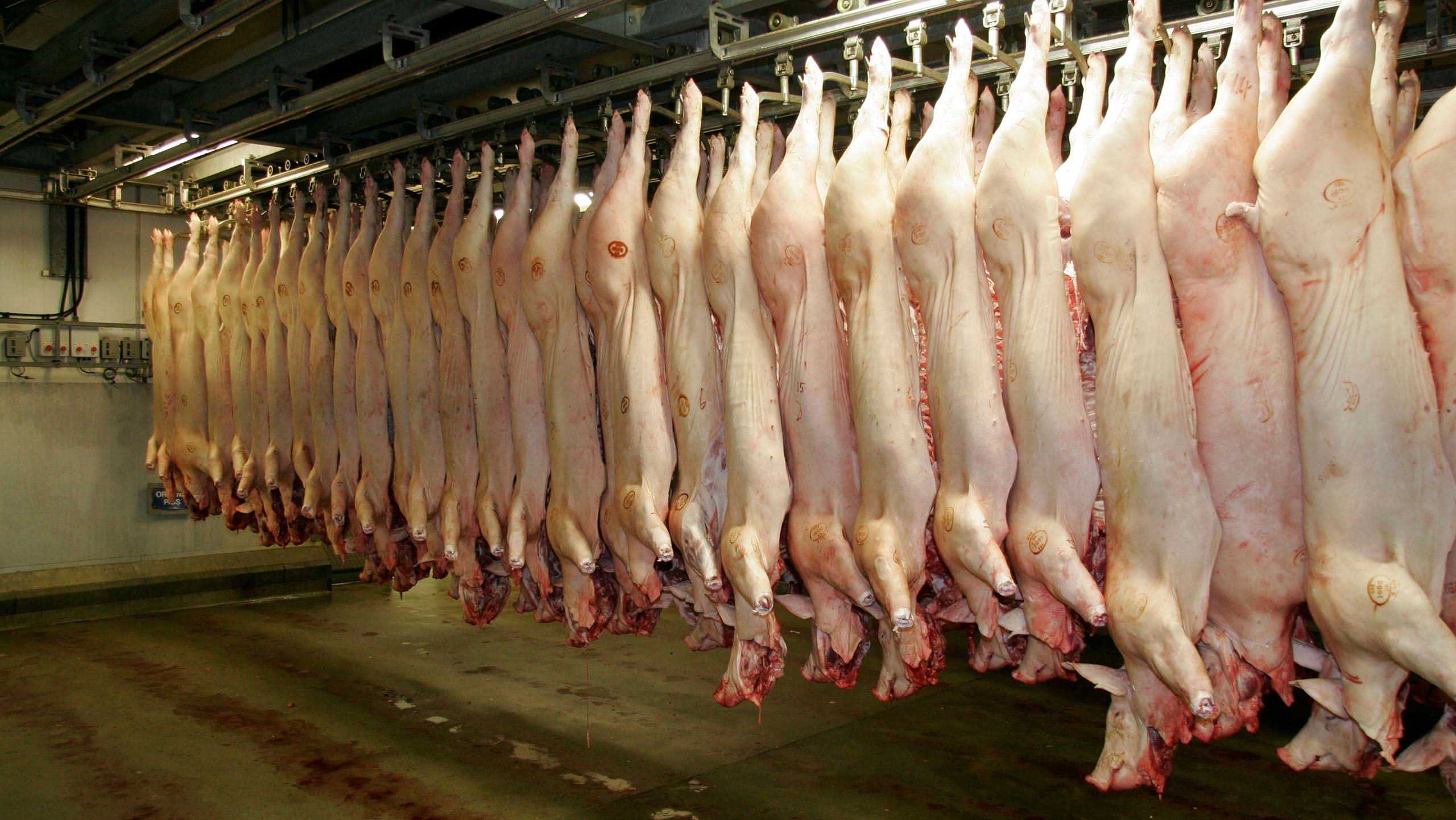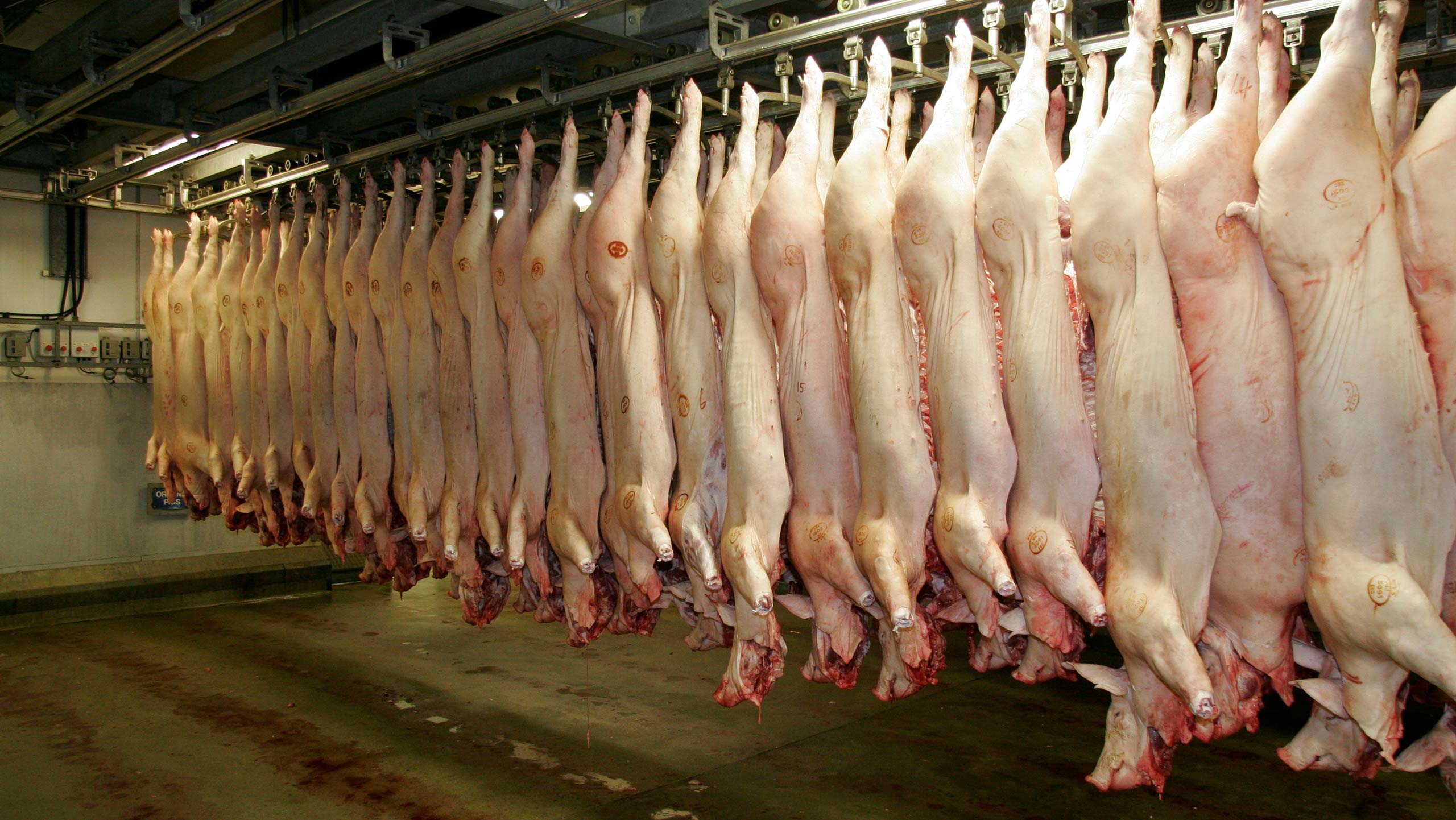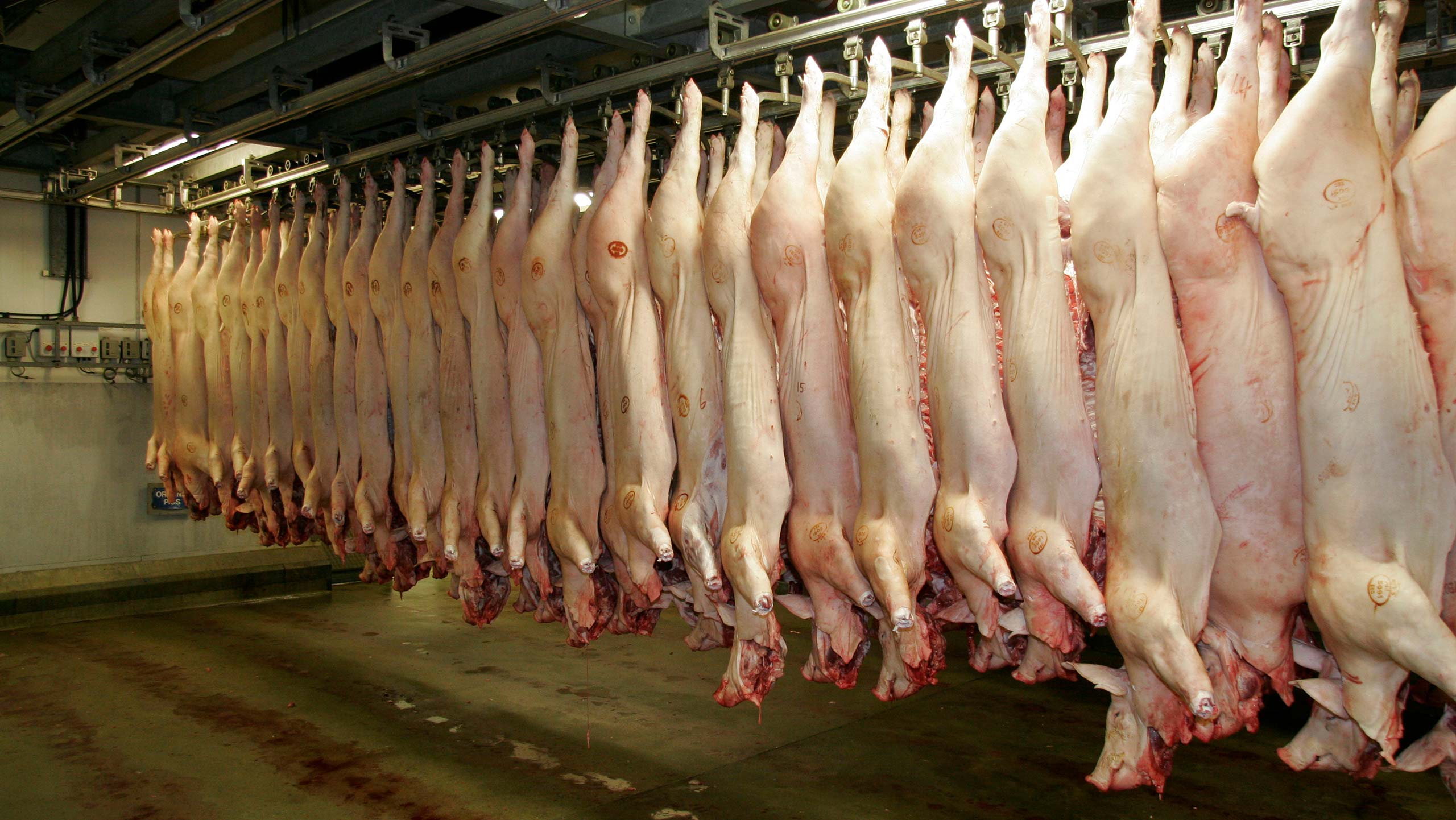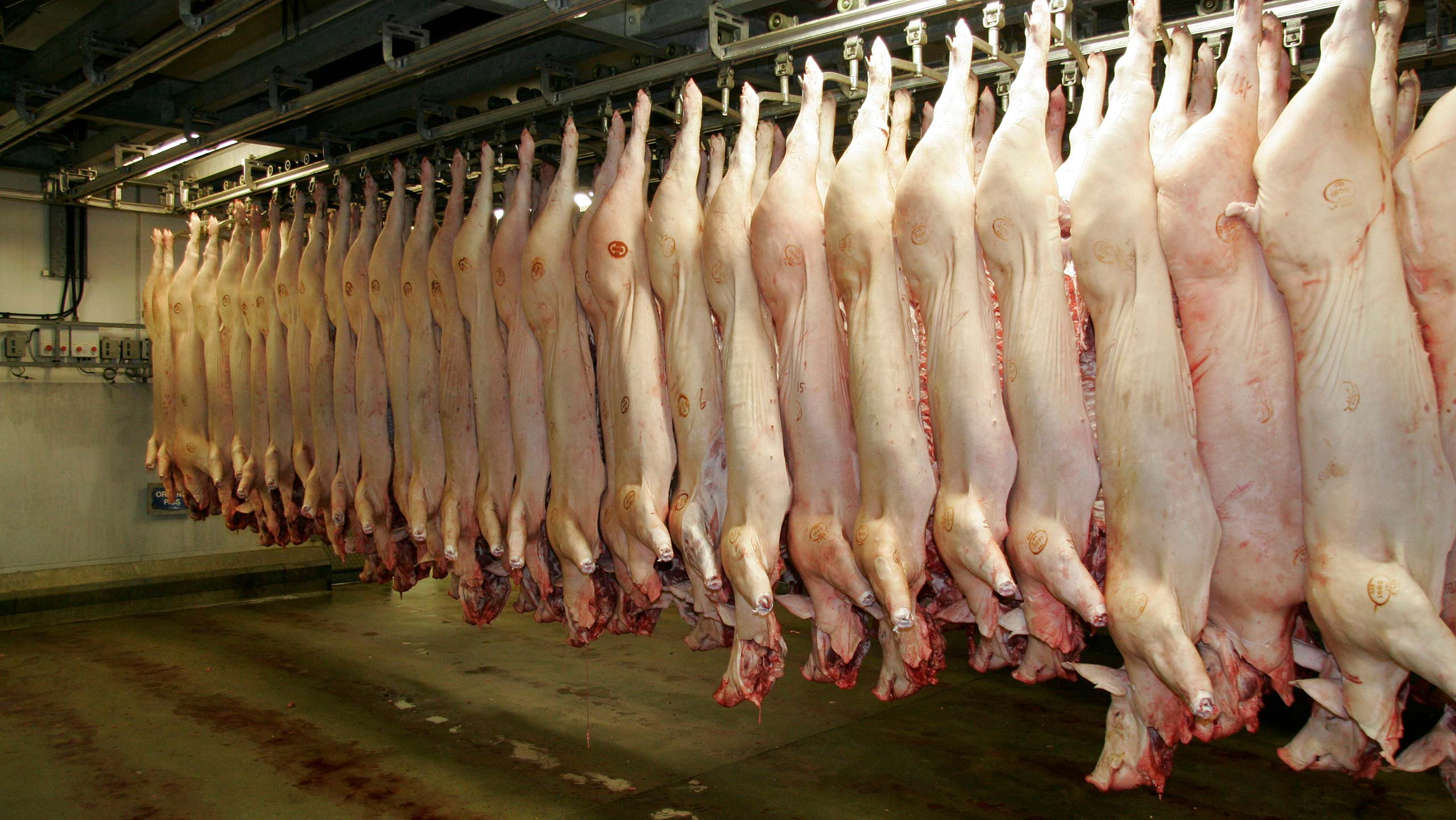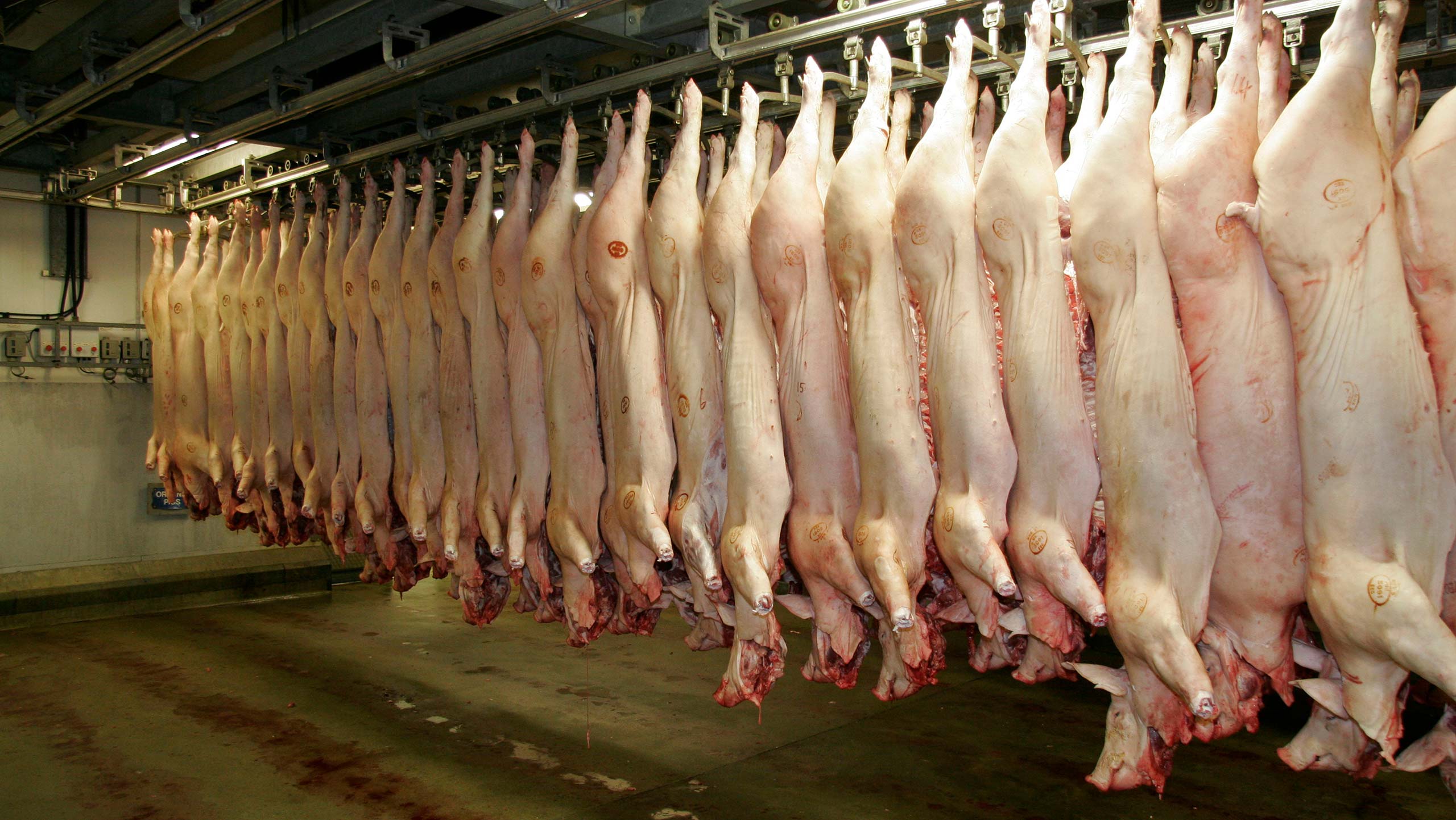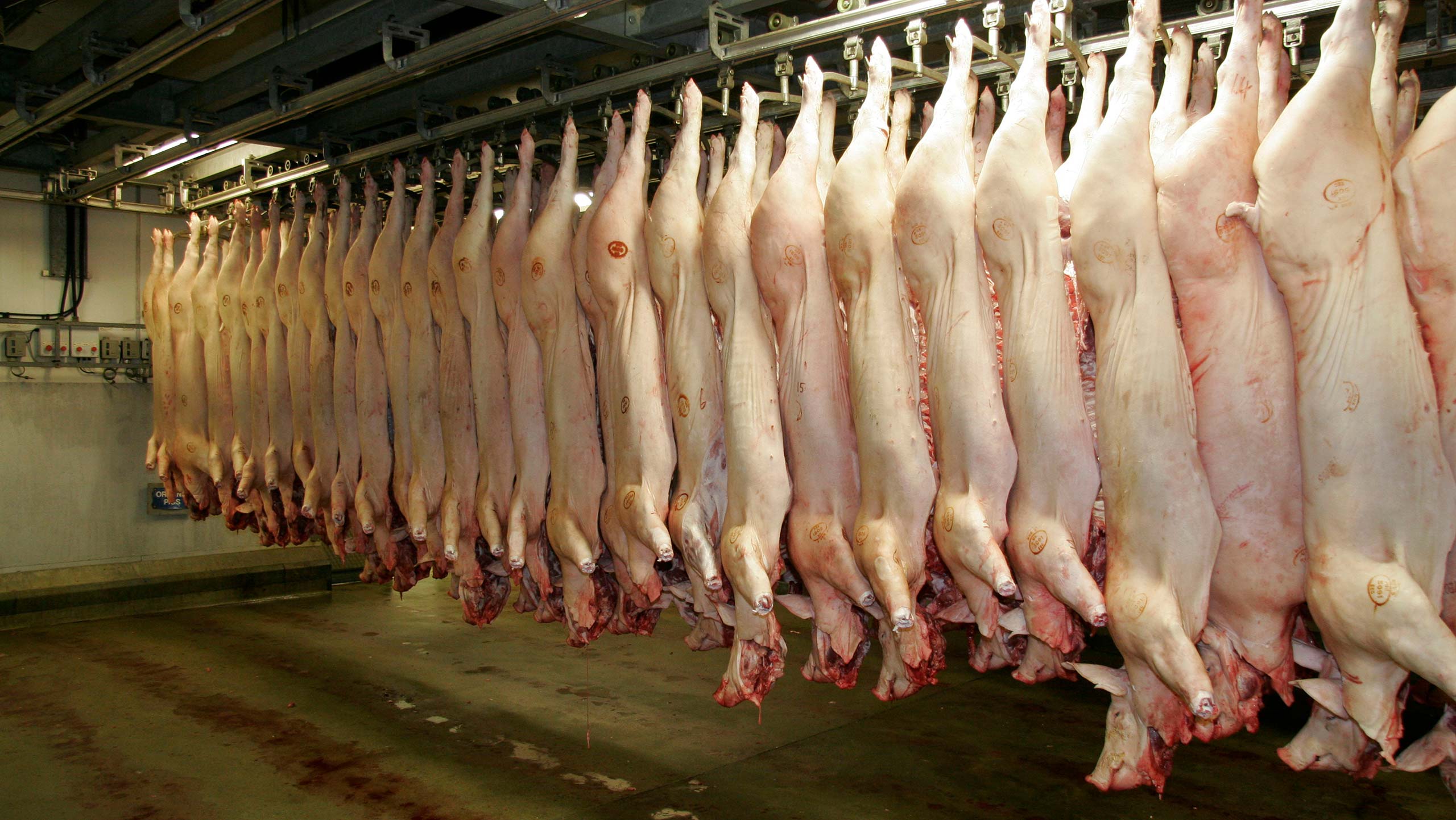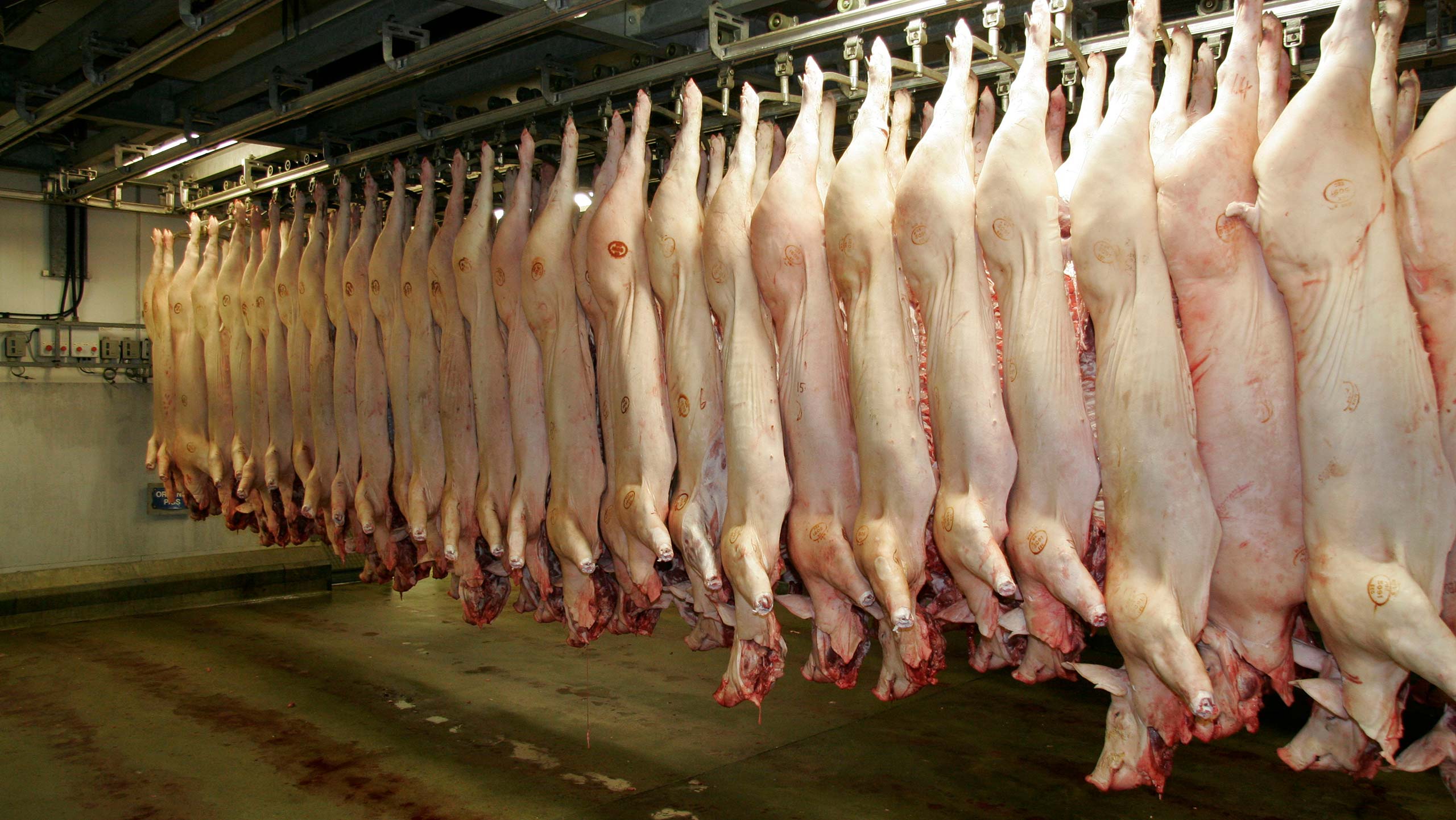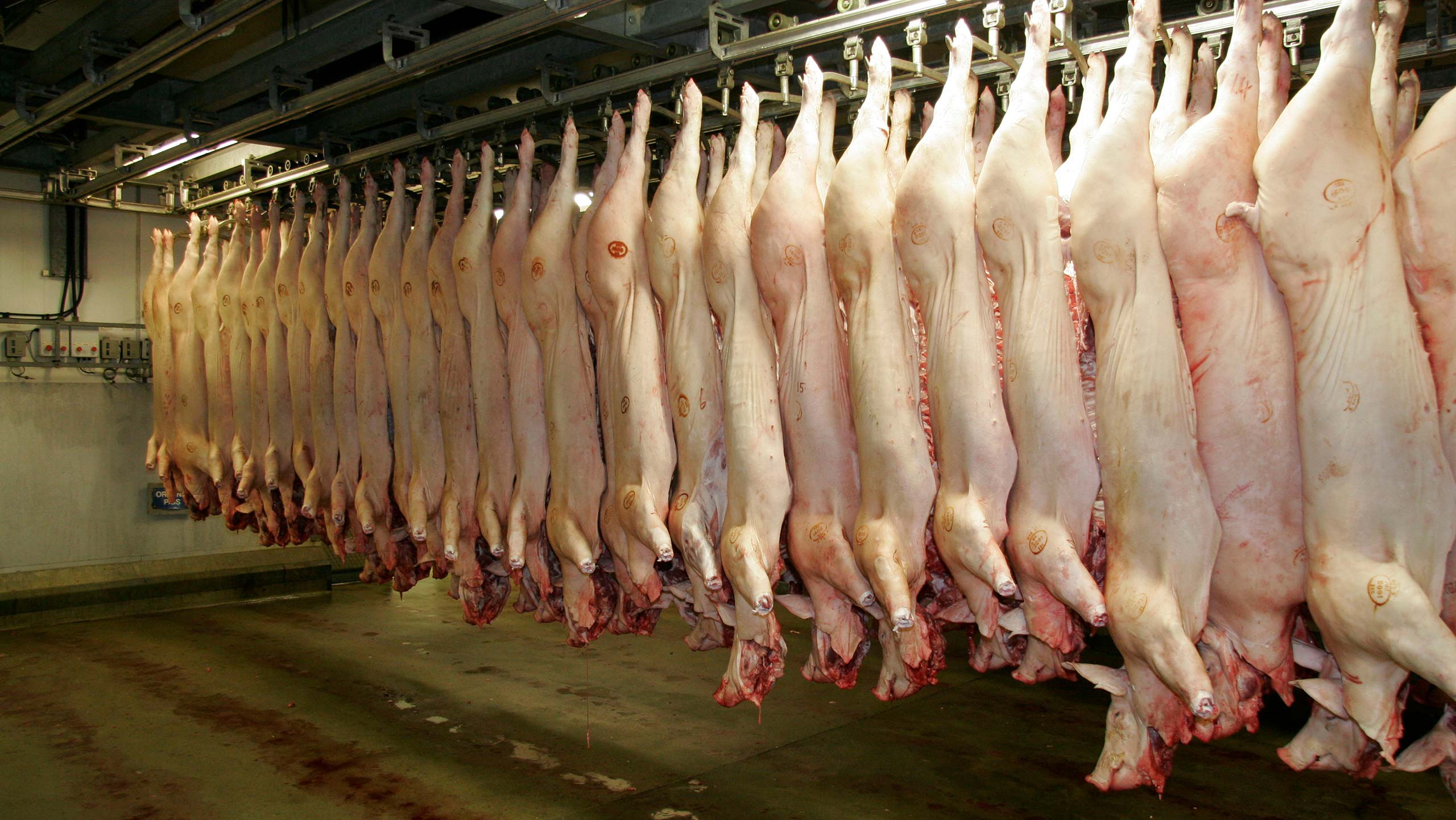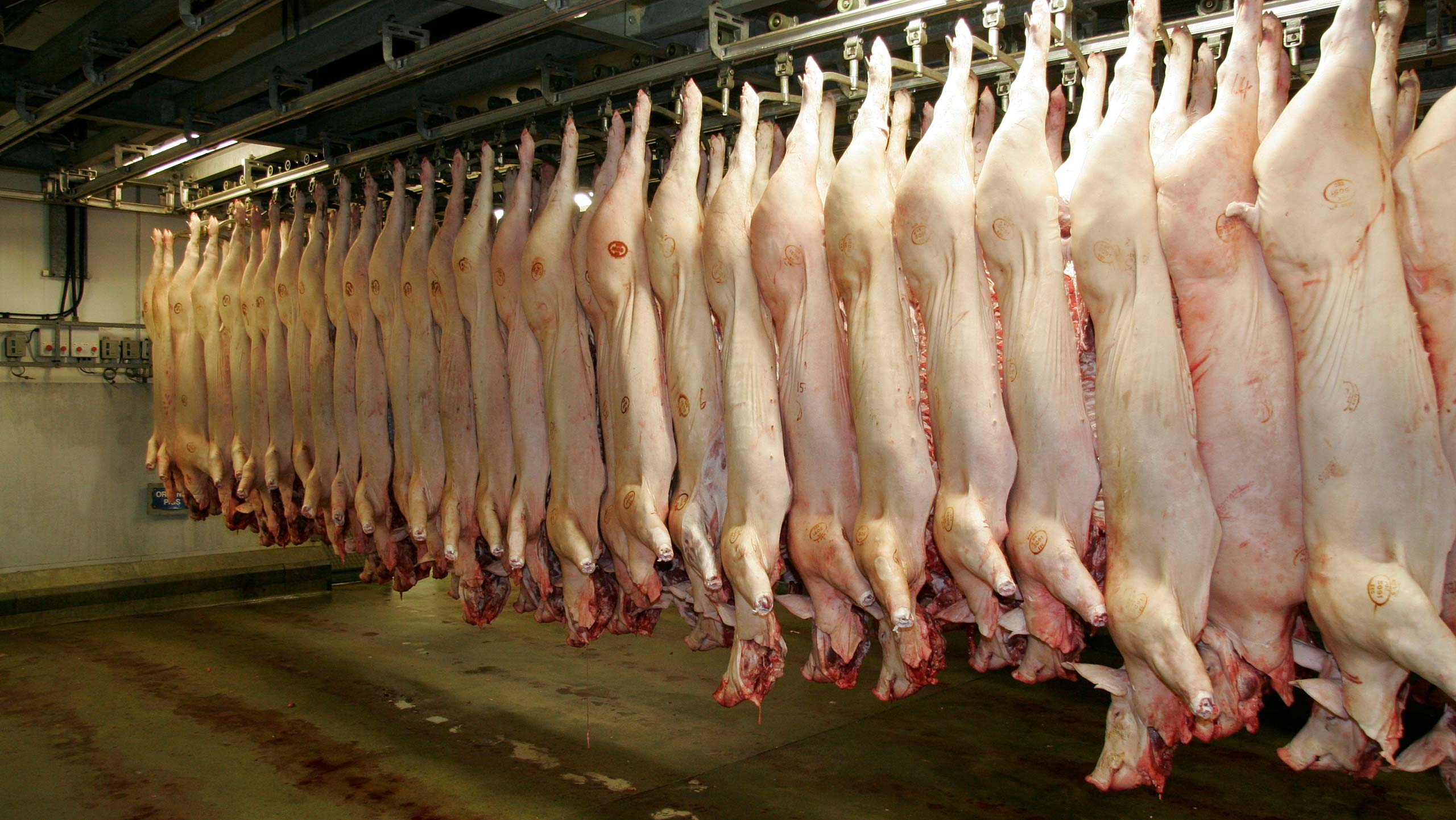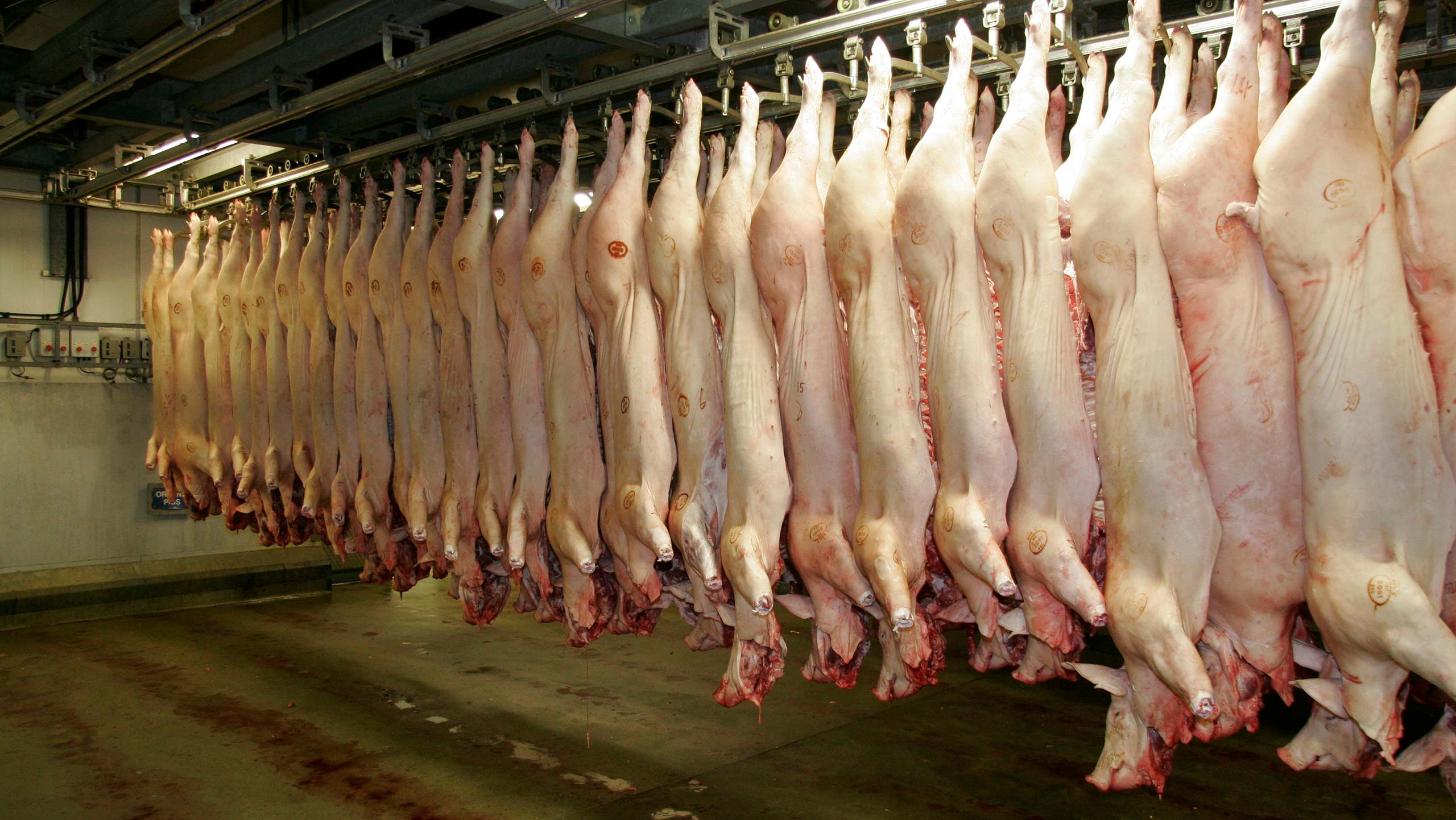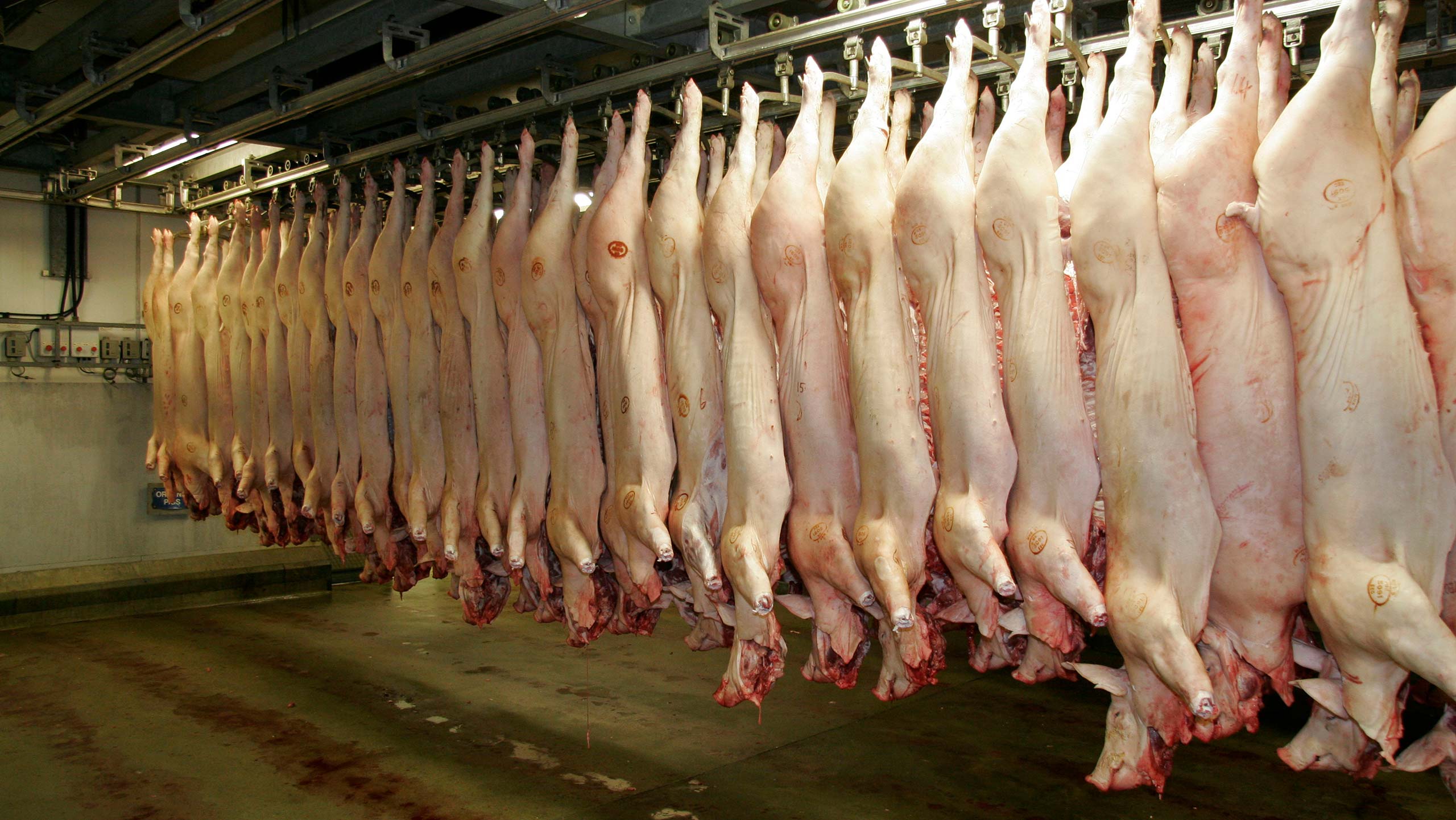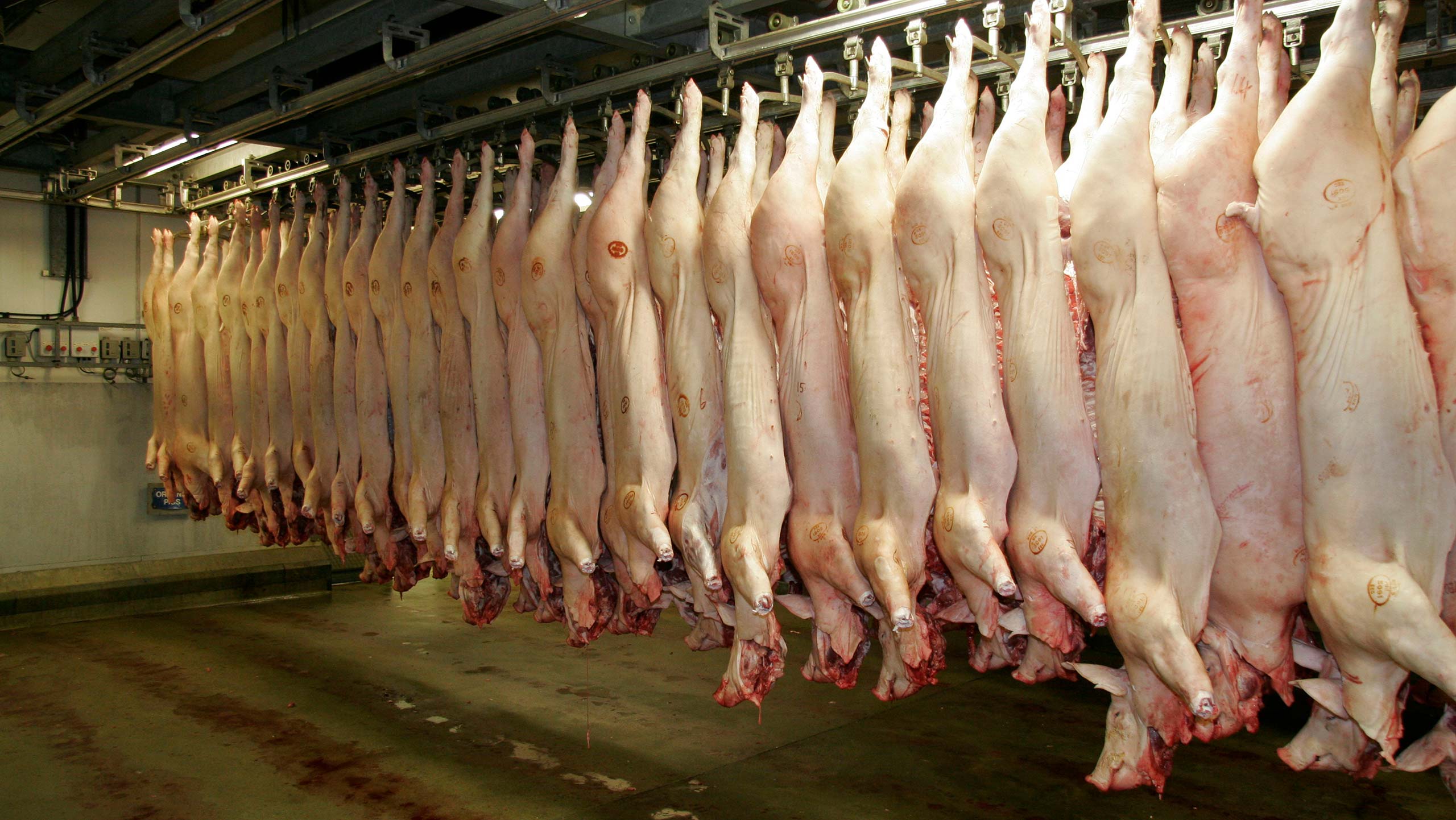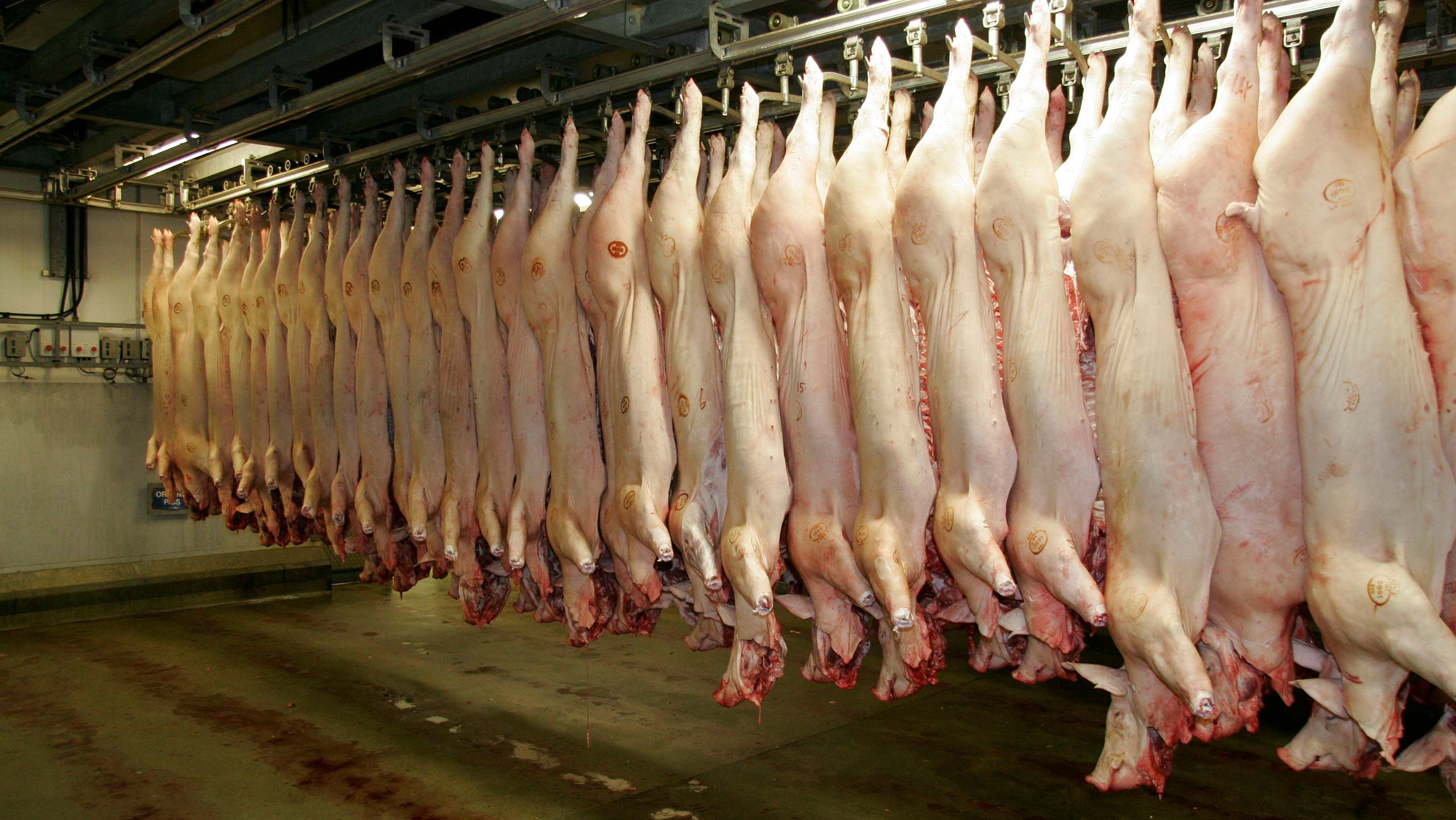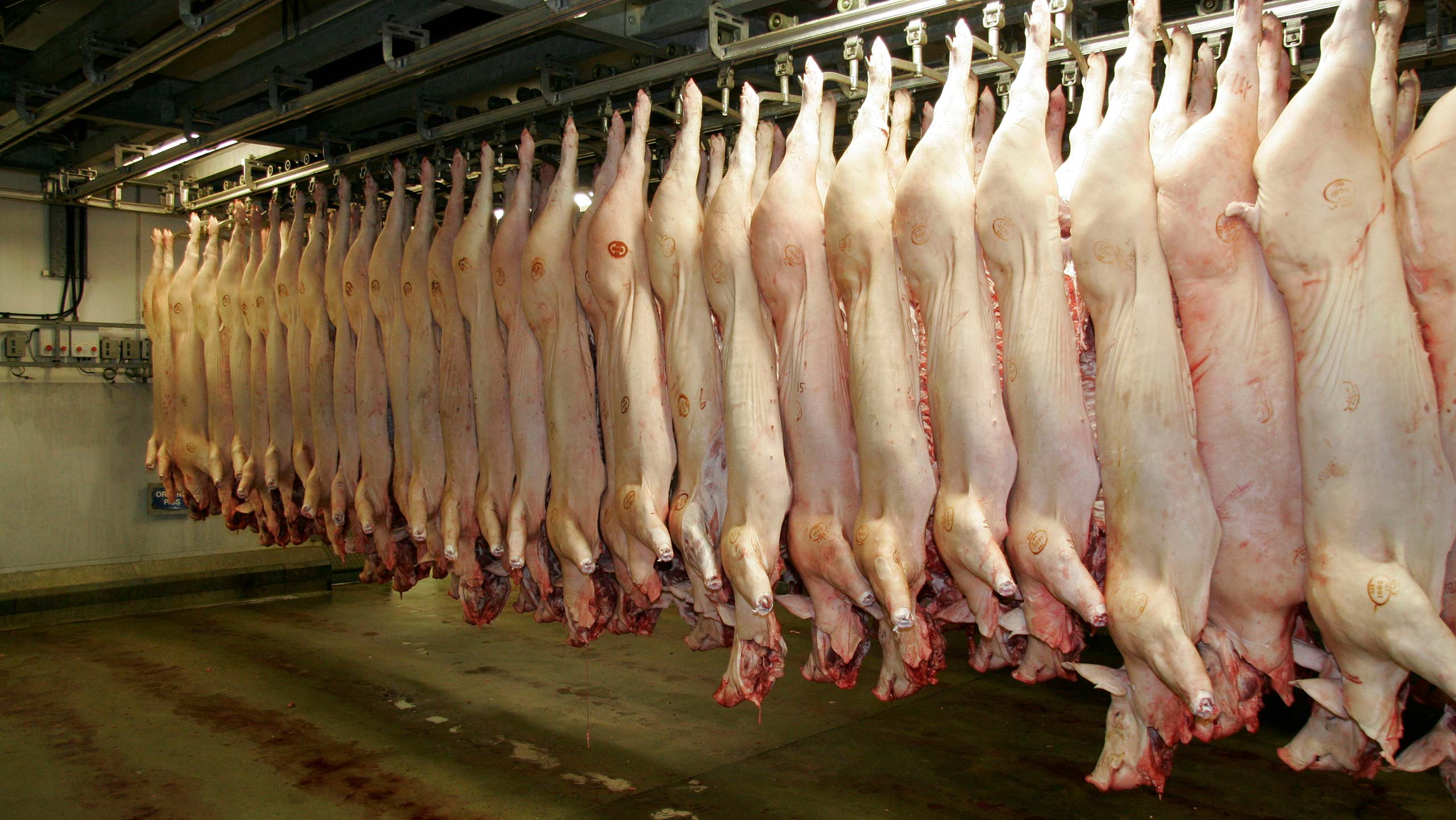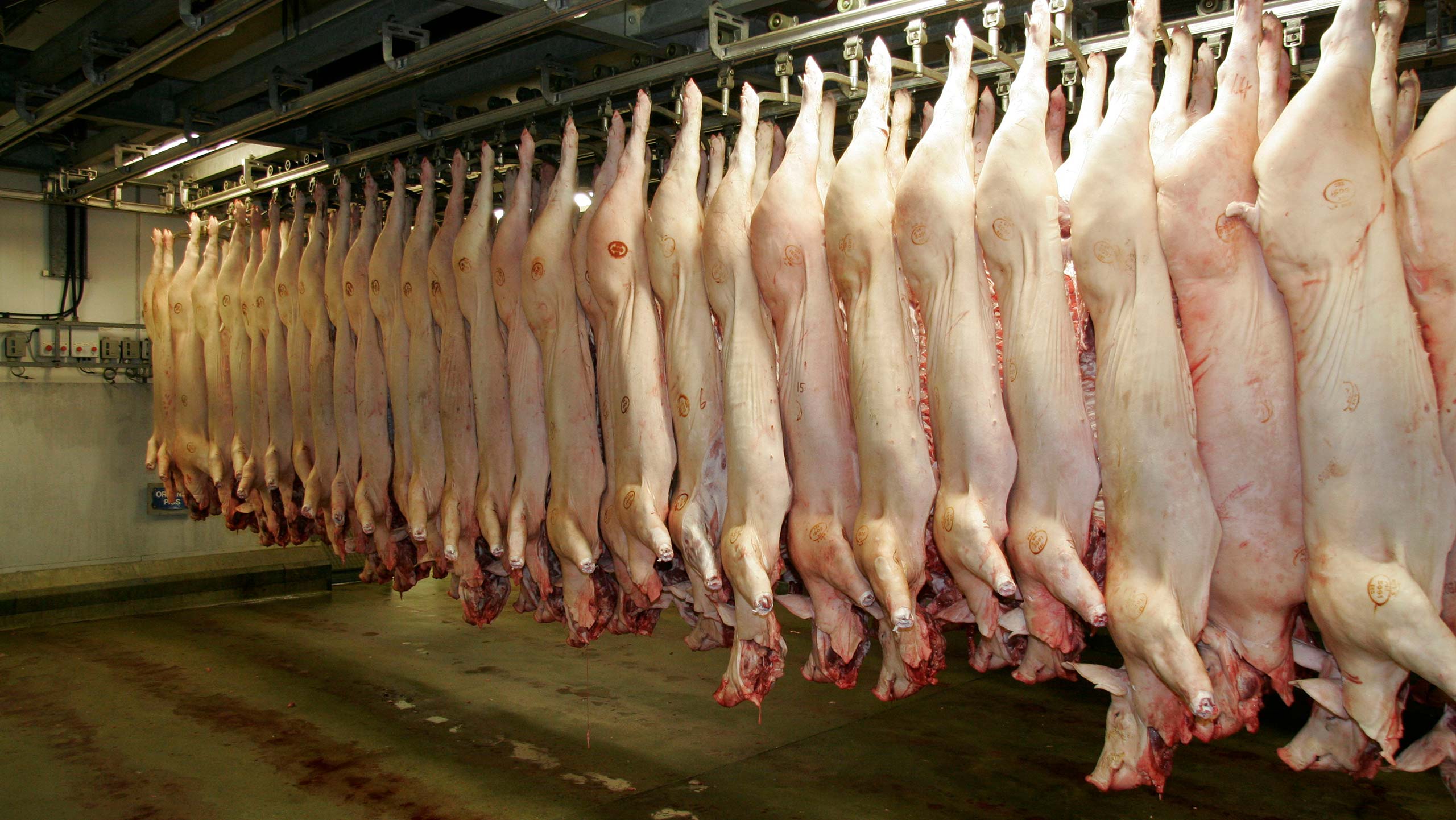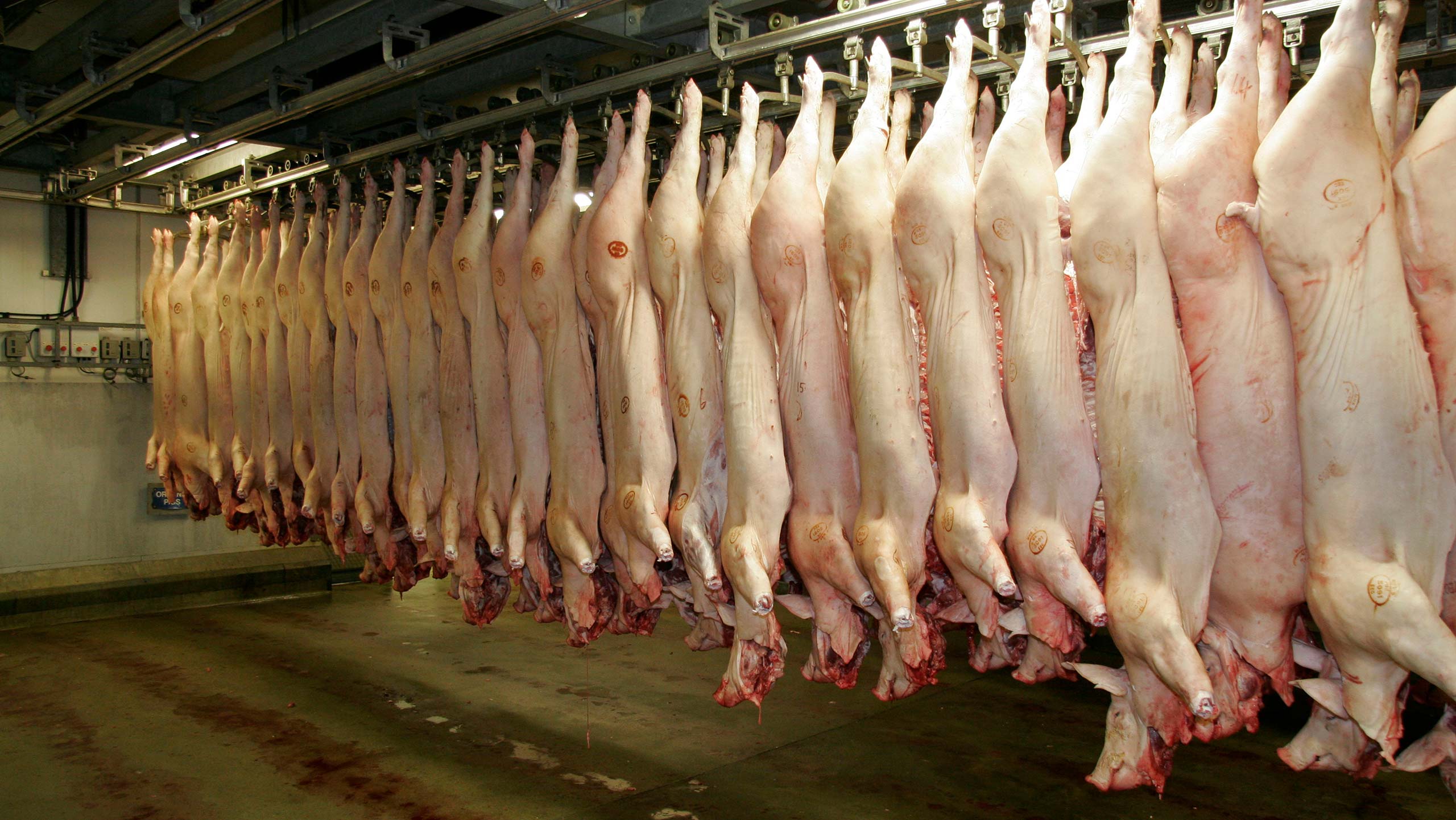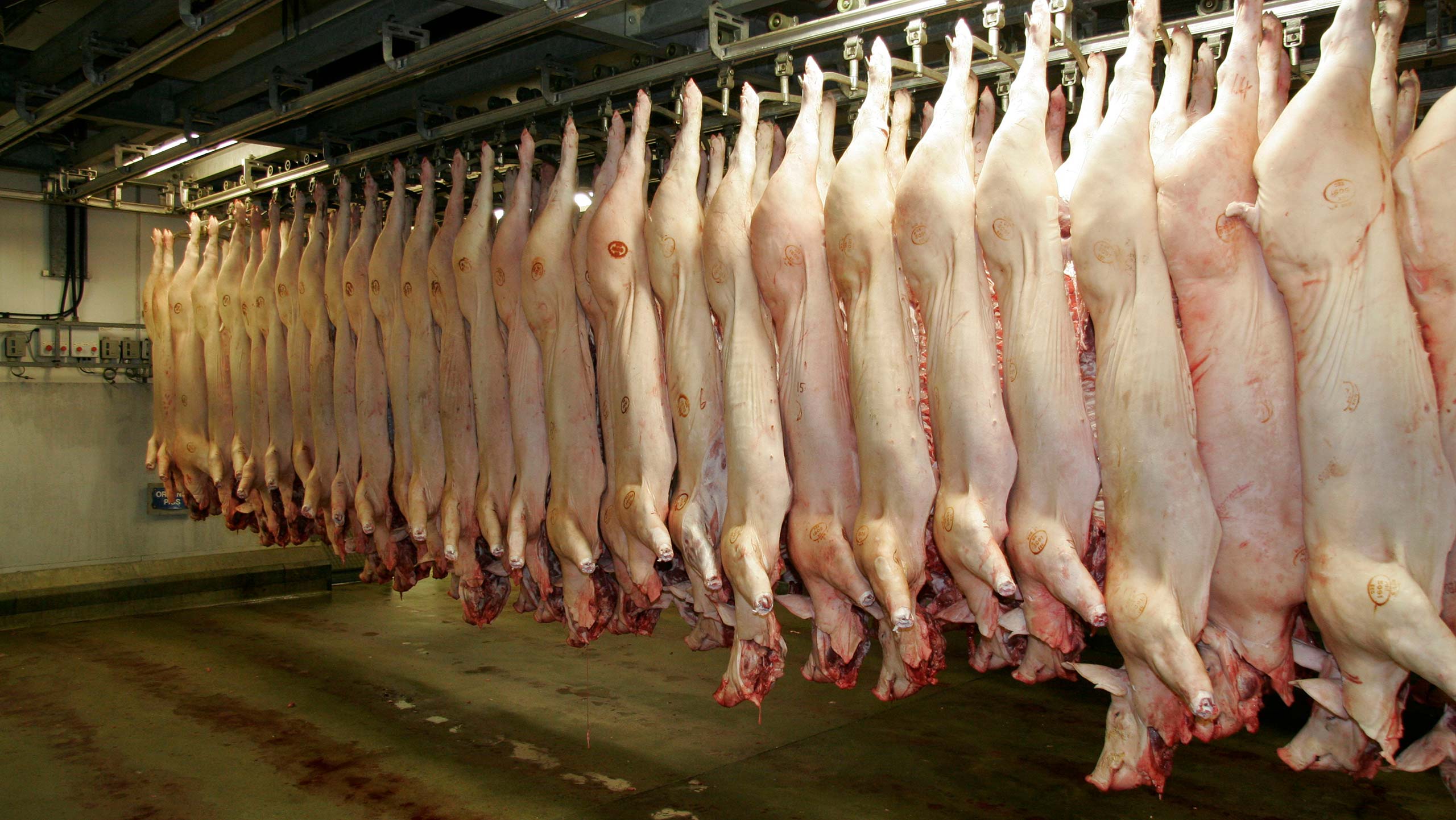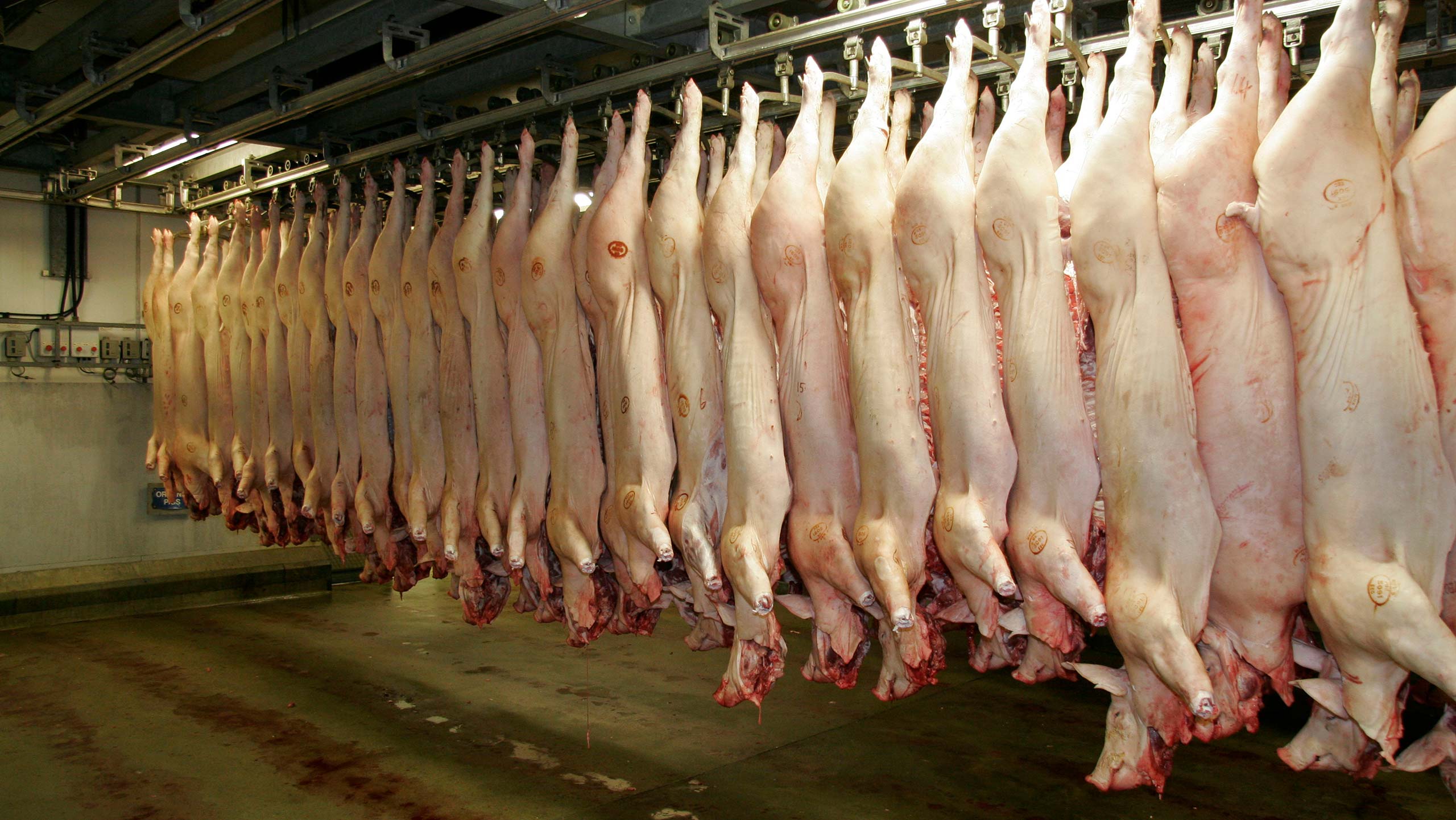When operating an abattoir, maintaining precise temperature control throughout your cold storage facilities isn't just about f…
Abattoir Food Safety Insurance: Protecting Your Meat Processing Business
The meat processing industry operates under some of the strictest food safety regulations in the UK, and abattoirs face unique risks that standard business insurance simply cannot cover. From HACCP compliance failures to contamination incidents, the financial consequences of food safety breaches can devastate even well-established meat processing operations.
Understanding Abattoir-Specific Risks
Abattoirs face distinct challenges that set them apart from other food businesses. The slaughter and primary processing of livestock involves multiple critical control points where contamination can occur. Cross-contamination between different animal species, improper temperature control during processing, and equipment failure can all lead to serious food safety incidents.
The regulatory environment is particularly demanding, with Food Standards Agency inspections, veterinary oversight, and strict HACCP requirements. A single compliance failure can result in immediate closure, product recalls, and significant financial losses.
Key Coverage Areas for Abattoir Insurance
Product liability coverage is essential for abattoirs, protecting against claims arising from contaminated meat products that cause illness or injury to consumers. This includes coverage for legal costs, compensation payments, and the costs of product recalls.
Business interruption insurance becomes critical when food safety incidents force temporary closure. This coverage helps maintain cash flow during shutdown periods, covering ongoing expenses like staff wages, loan payments, and fixed costs while the business cannot operate.
Professional indemnity insurance protects against claims of negligent advice or services, particularly relevant when abattoirs provide consultation on meat processing techniques or HACCP implementation to smaller operators.
Contamination and Recall Protection
Product recall insurance is particularly important for abattoirs supplying multiple retailers or food service businesses. When contamination is discovered, the costs of recalling products from the supply chain can be enormous. This coverage includes the costs of notification, collection, disposal, and replacement of affected products.
Malicious contamination coverage protects against deliberate tampering with products, including extortion attempts and the costs of investigating and responding to contamination threats.
Regulatory Compliance Coverage
Food safety insurance for abattoirs should include coverage for regulatory defense costs when facing Food Standards Agency investigations or prosecutions. This includes legal representation during enforcement proceedings and the costs of implementing corrective measures required by regulators.
Crisis management coverage helps manage the reputational damage that follows food safety incidents, including public relations support and communication with customers, suppliers, and the media.
Temperature Control and Cold Chain Protection
Refrigeration breakdown coverage is crucial for abattoirs, where maintaining proper temperatures throughout processing and storage is essential for food safety. This coverage includes the costs of alternative storage arrangements and the value of spoiled products when refrigeration systems fail.
Cold chain liability protection covers claims arising from temperature control failures during transport and distribution, ensuring comprehensive protection throughout the supply chain.
Staff Training and Certification Coverage
Many policies include coverage for the costs of additional staff training following food safety incidents, ensuring that all employees maintain current certifications and understand updated procedures.
Choosing the Right Coverage Levels
The appropriate level of coverage depends on several factors including the size of your operation, the types of animals processed, your customer base, and your distribution network. Larger abattoirs supplying national retailers typically require higher coverage limits than smaller operations serving local markets.
Consider your maximum daily production capacity when determining business interruption limits, as this affects the potential financial impact of a forced closure.
Working with Specialist Insurers
Not all insurers understand the unique risks facing abattoirs. Working with specialists in food industry insurance ensures that your policy is tailored to the specific challenges of meat processing operations.
Specialist insurers often provide additional services including risk assessment, food safety training resources, and access to industry experts who can help prevent incidents before they occur.
Cost Factors and Premium Considerations
Insurance premiums for abattoirs are influenced by factors including your food safety track record, the robustness of your HACCP systems, staff training programs, and the types of animals processed. Maintaining excellent food safety standards and investing in staff training can help reduce premium costs over time.
Regular risk assessments and proactive maintenance of processing equipment demonstrate your commitment to food safety and can positively impact insurance costs.
Claims Management and Response
When food safety incidents occur, rapid response is essential to minimize damage and protect your business reputation. Your insurance provider should offer 24/7 claims reporting and immediate access to specialist support including food safety experts, legal advisors, and crisis management professionals.
Conclusion
Abattoir food safety insurance is not just a regulatory requirement – it's essential protection for businesses operating in one of the most highly regulated sectors of the food industry. The right coverage provides financial security and peace of mind, allowing you to focus on maintaining the highest standards of food safety while protecting your business from the potentially devastating costs of contamination incidents.
For abattoir operators, the question isn't whether you can afford comprehensive food safety insurance – it's whether you can afford to operate without it.


 0330 127 2333
0330 127 2333
